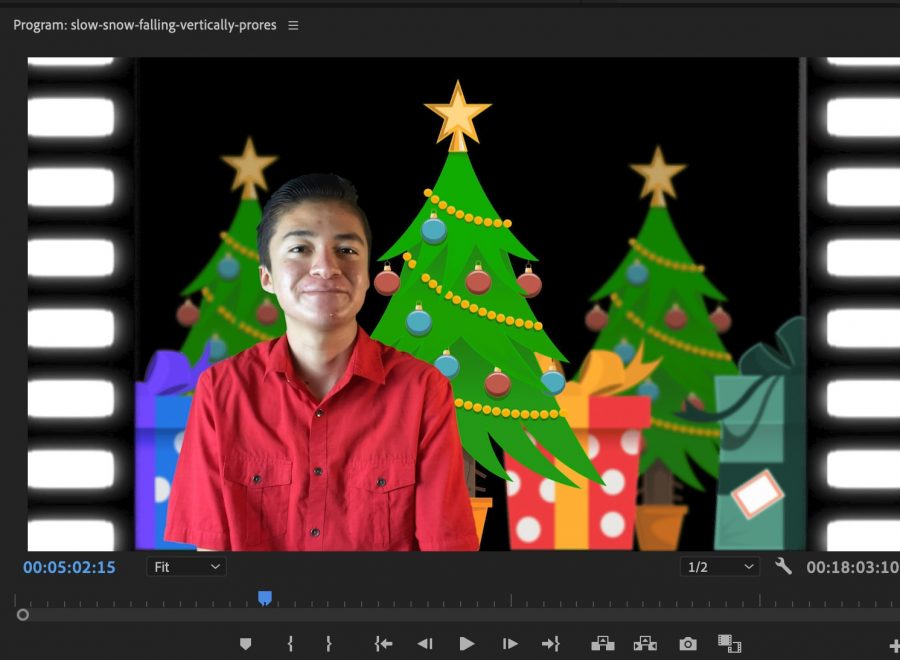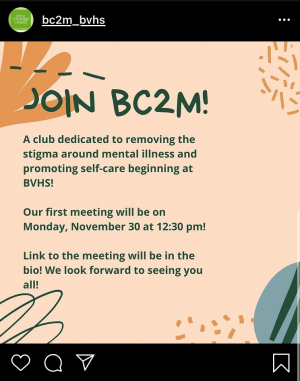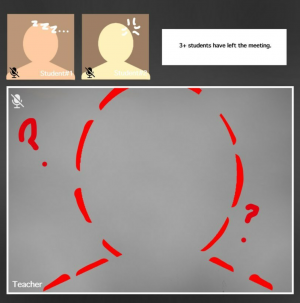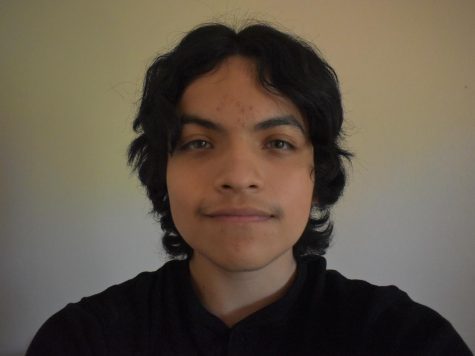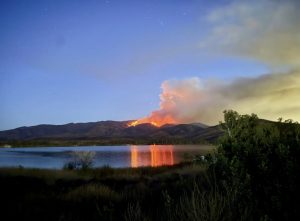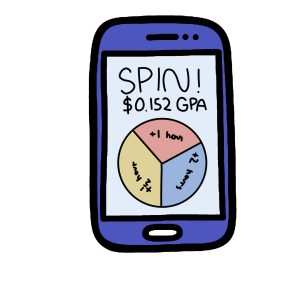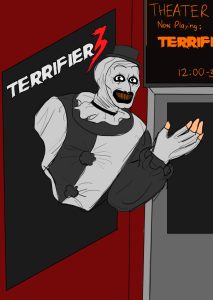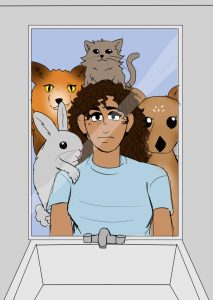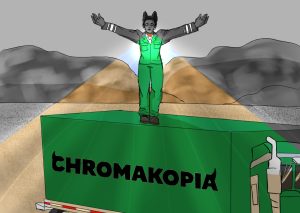Lights, camera, action
BVTV continues video production amid pandemic while exploring new options
BVTV Director and senior Joseantonio Soto says that proper communication is vital towards maintaining a steady production cycle. BVTV has explored creative ways of broadcasting during the pandemic.
February 7, 2021
Among the once lively halls of Bonita Vista High (BVH) stands the now isolated 203 room, craving the presence of energetic Bonita Vista TV (BVTV) members immersing themselves in the world of broadcasting. This world incorporates aspects such as camera work, editing and even the occasional flustered student fumbling their lines. When BVH transitioned to distance learning due to the COVID-19 pandemic, BVTV was one of many programs at BVH that required preparation ahead of time to sustain a functioning production cycle.
According to Director of BVTV and senior Joseantonio Soto, understanding their roles and maintaining close communication helped BVTV members prepare. While utilizing Google Drive and Google Class for their work, they made use of the Remind app to keep members connected. During this period, BVTV producer and junior Julian Rodriguez maintained hope on any form of video production being possible as this “age of internet” has made cameras widely available whether from phones or laptops.
“We weren’t sure if we were going to always be in lockdown or if we were ever going to go back but we had a plan in case we did and if we didn’t, so we were always prepared,” Soto said.
Soto believes that being able to follow most of their established routine has proven effective in keeping them organized throughout distance learning. Although early development of a broadcast went smoothly with traditional scheduling and creation of scripts, complications arose from having to film from home.
“Sometimes a file can’t download or we’re going to communicate with each other through Remind and we can’t get to each other. Technical difficulties like that are what makes the process longer and more difficult,” Rodriguez said.
Anchors lacked access to green screens, which were only available on campus, but BVTV advisor Hugo Martinez attempted to alleviate these types of complications by distributing classroom video equipment to his students in an effort to maintain high production quality.
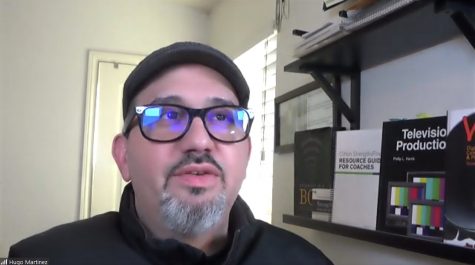
The lack of access to school computer software also made it important for BVTV members to assist each other with editing and any additional support. Since BVTV utilizes Adobe Premiere in the editing process, Soto claims that Martinez helped alleviate any complications by including tutorials and making himself available towards any student support.
“It [the transition from in-person to online learning] was chaotic but the students kept a good attitude and they did a good job transitioning. Right now we have a constant broadcast that is created by the students,” Martinez said.
Further complications involved making sure all members contributed since certain roles like camera operators and make up artists could only be fulfilled in a physical classroom setting.
“Not being able to meet, talk and have those hollow meetings [made production difficult]. Not being able to experience that community sense that we used to […] it’s just hard when you have a curriculum that used to be more hands-on and now has to be adapted to just certain aspects of the whole production,” Martinez said.
Rodriguez insists it was important to not make it noticeable that they were no longer producing from school. This was done by utilizing neon green poster boards and continuously finding ways to improve the broadcast in order to maintain high spirits. Overcoming difficulties also depended on members taking their roles seriously and viewing this time of uncertainty as an opportunity.
“The students took their roles very seriously. Our producer, assistant producers [and] directors took their roles seriously. They just showed up. They did it. They owned it,” Martinez said.
Martinez ensures BVTV are following their clarity statement aimed at providing the community relevant information from their weekly broadcast. Aside from the broadcasts’ traditional information of upcoming events and weather reports, new additions have been introduced to their broadcast such as short films and an entertainment section.
“It’s very different to adapt. For the broadcast, now, I just do short films and if we were actually back in the classroom I would be doing behind the scenes for cameras, different angles [and] queuing people when to go next. My job would have been different,” Soto said.
While Rodriguez understands it seems impossible to completely avoid covering the pandemic in any form as it has consumed much of the year, he believes it’s important to release any COVID-19 related news in a hopeful manner.
Examples include their coverage of movie theaters reopening and the Macy’s Thanksgiving Parade. Although this coverage reflects how the pandemic affects students, Rodriguez claims a major focus is “what Barons can do” in spite of pandemic related guidelines.
“The opportunity for escapism is really important because we don’t really focus on the pandemic in our broadcast. We just focus on the positivity of things […] and how this lockdown can be a way to open creative doors,” Rodriguez said.
The constraints of distance learning effectively limited the broadcast to a general weekly release compared to multiple uploads a week before the pandemic. Even with this decline in quantity, Rodriguez views this progress as “exciting.” Ever since the release of the broadcast in October, BVTV has continued their tradition of creating special broadcasts that celebrate holidays like Halloween, Thanksgiving and Christmas.
“We always hope for better and we hope the broadcast can take it to more extremes next semester,” Rodriguez said.
In the near future, Soto hopes that BVTV can add new segments that can further help students of all backgrounds and identities feel included in its production. To expand, Martinez suggests that BVTV is working on providing tools that allow students to “voice their thoughts and perspective.” He declares they are experimenting with a podcast and a “student forum,” which will showcase conversations on hard topics such as violence and racial challenges.
“If there is one positive thing that we can do, [it’s to] promote wellness and the reality that humans are very powerful. We can learn anything that we want to and I feel that that’s something that we need to celebrate because students have learned how to survive the pandemic and that is something to admire and celebrate,” Martinez said.

